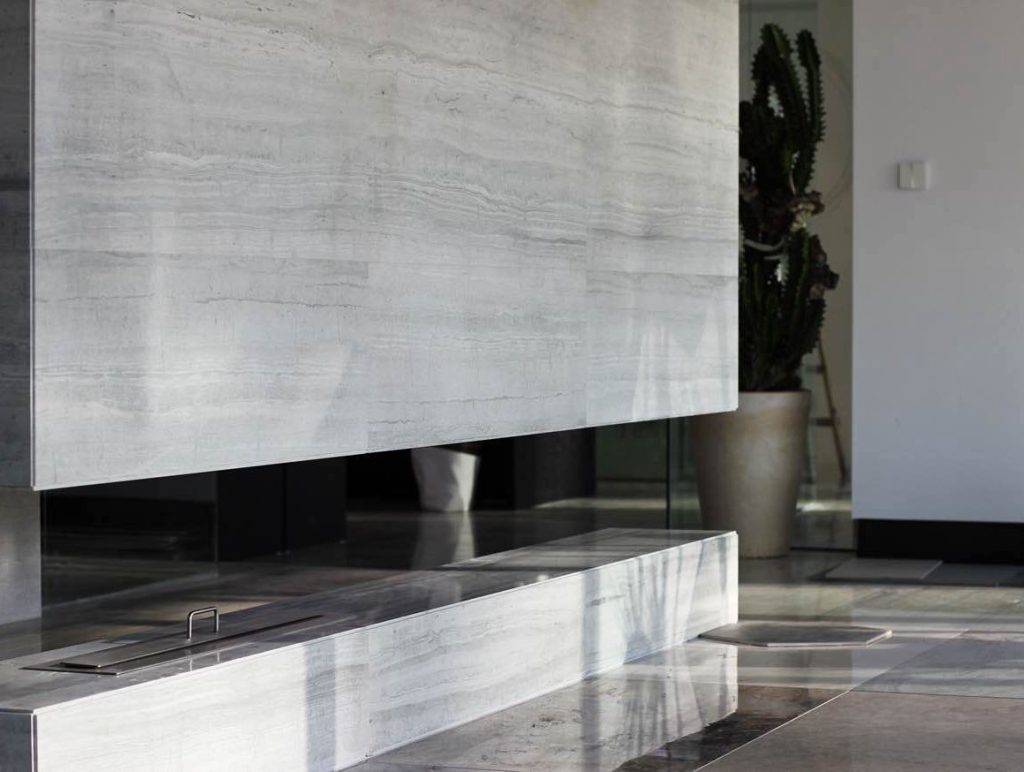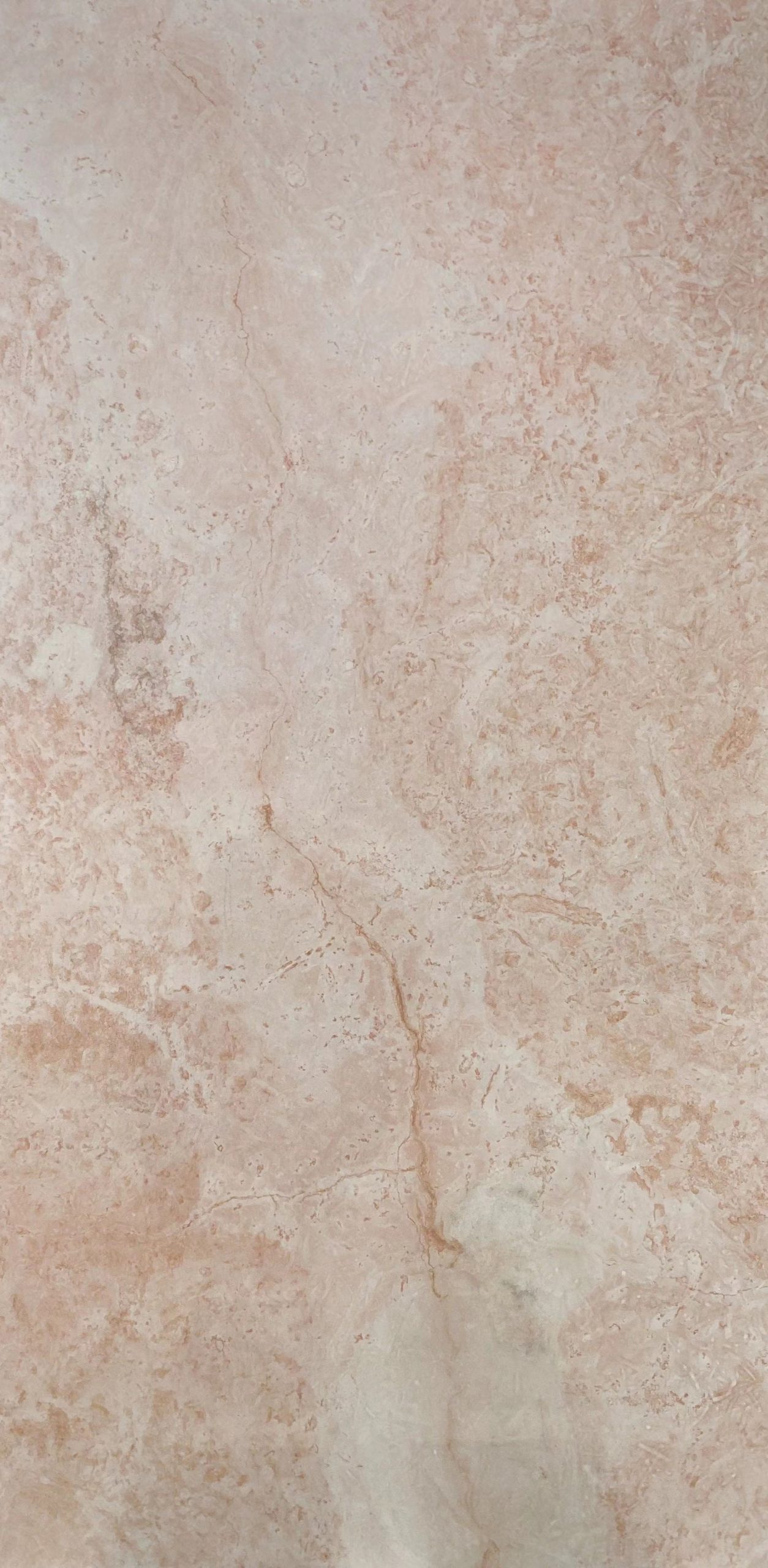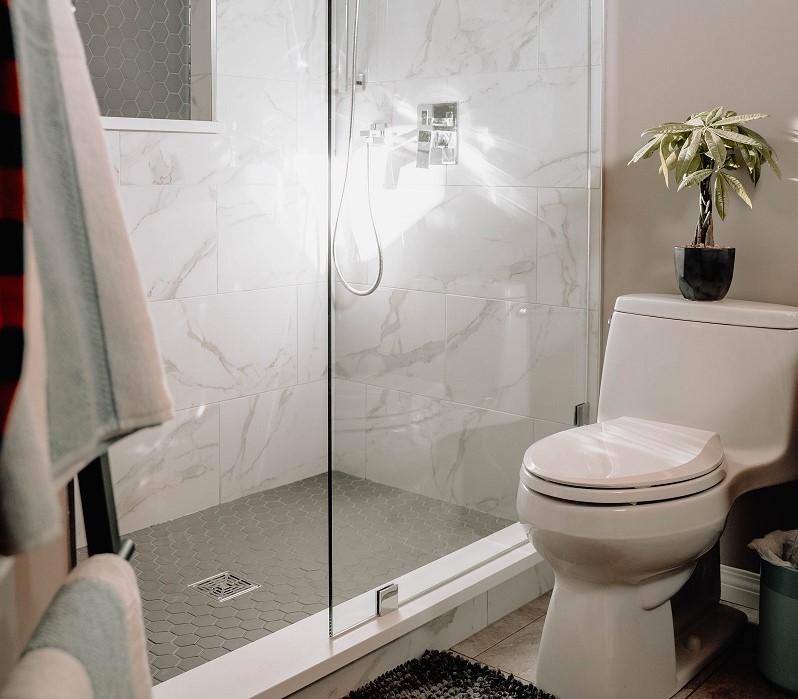When we consider a remodeling or building project, we are often faced with an important decision: should we choose a man-made material or natural stone? Despite its higher price, natural stone is highly sought after in the market. In this article, we will explore why natural stone is expensive and the reasons for choosing natural stone.
Why is natural stone expensive?
Why Is Natural Stone Expensive?
-
The Uniqueness of Natural Stone
Natural stone is a natural product that has been formed over billions of years on earth, and is unique in that each piece of stone has a distinctive texture and character. Whether it’s marble, granite, quartz or slate, every stone has its own uniqueness. This uniqueness is determined by the varying conditions and mineral composition of the geological process.
-
High Quality Natural Stone Is An Investment
Natural stone is expensive in part because of its quality and longevity. Compared to man-made materials, high-quality natural stone is stronger and can withstand years of use and natural wear and tear. This means that choosing natural stone may reduce the cost of maintenance and replacement, and can actually save you money in the long run.
-
The Exceptional Beauty of Natural Stone
The beauty of natural stone is another important factor in its appeal. Each piece of stone comes with a unique texture and color, which makes it ideal for interior and exterior design. The nobility of marble, the solidity and stability of granite, the modernity of quartz, and the primitive charm of slate can add a unique charm to your space.
-
Environmental Advantages of Natural Stone
Natural stone is usually more environmentally friendly than man-made materials. Producing man-made materials usually requires a lot of energy and chemical processing, whereas harvesting and cutting natural stone requires less energy and reduces the negative impact on the environment. Natural stone is also easier to recycle and reuse, reducing waste.
-
The Value-adding Potential of Natural Stone
Choosing natural stone not only enhances the appearance and value of your residential or commercial real estate, it also increases its market appeal. Natural stone floors, countertops, or elevations tend to be rated higher in the real estate market, which means your investment may yield a higher return in the future.
How to Choose The Right Natural Stone
While natural stone offers many benefits, choosing the right stone is also crucial. Here are some factors to consider when choosing natural stone:
- Purpose: Determine where you plan to use the stone, such as flooring, countertops, walls or facades, so you can choose the right type.
- Budget: Know your budget range and choose the right material within that range.
- Style and design: Consider your design preferences and overall style to ensure the stone selected matches your space.
- Maintenance needs: Different types of stone require different levels of maintenance, so find out if you’re willing to commit to it.
- Location and climate: Consider your location and climate conditions, certain stones may be more suitable in certain environments.
Conclusion
Despite its relatively high price tag, natural stone’s uniqueness, high quality, beauty, eco-friendliness, and value-added potential make it a worthwhile investment to consider. When you choose natural stone, you’re not only improving your space, you’re providing a lasting and attractive solution for the future. As such, natural stone is not an expensive waste, but rather a worthwhile investment. We hope this article has helped you understand the value of natural stone, so you can make an informed choice.






